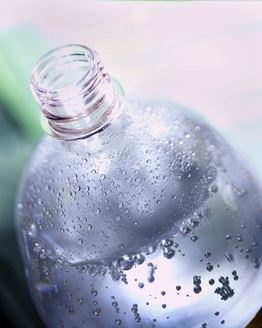 We know that our body is composed of water. But not enough water that we can’t use more!
We know that our body is composed of water. But not enough water that we can’t use more!
We need to remain hydrated, so that blood moves to our organs. When we are properly hydrated, we avoid kidney stones, our digestive system moves along appropriately, our skin is in its optimal condition and we can also keep hunger at bay if we are watching our weight. In addition, headache sufferers need to remain fully hydrated, as dehydration can be a trigger for migraines and other headache disorders.
It is very easy to become dehydrated. Water leaves our system through sweat, through just exhaling and when we urinate or have a bowel movement. We lose more water during the summer or during times when our breathing rate or sweating are increased such as during exercise, if we are in a hot sauna or shower, during hot or humid weather or when overlayered in clothing, or if our job or leisure activities are physically demanding.
Do we have to drink water?
No, you can also be hydrated through juices and foods that contain water (typically fruits and vegetables), but water is available for free, has no sugar added and often has fluoride, aiding oral health. In addition, water does not contain caffeine. Caffeine is not necessarily bad in smaller amounts. Contrary to popular opinion, caffeine has not been implicated in contributing to dehydration issues, especially if its use is limited (2-4 cups of coffee per day or two servings of pop).
How much water does a typical person need?
The old information is that you need to divide your weight in half (so if you weigh 150 pounds, divide that in half to get to 75). The halved number is the number of ounces that you should drink. So, under the old formula, a 200 pound person needs to drink 100 ounces of water and a 150 pound person needs to drink 75 ounces of water.
It now appears that the above formula overstates the need for water by a bit. Essentially, if you drink when you are thirsty and monitor your urinary output, you are drinking the right amount.
Signs that you are properly hydrated:
- You are not overly thirsty.
- Your mouth does not feel dry (and you don’t suffer from bad breath, a sign of dry mouth).
- Your urine is clear or light colored (bright yellow urine or darker is a classic sign of dehydration).
- Your bowel movements are relatively soft.
